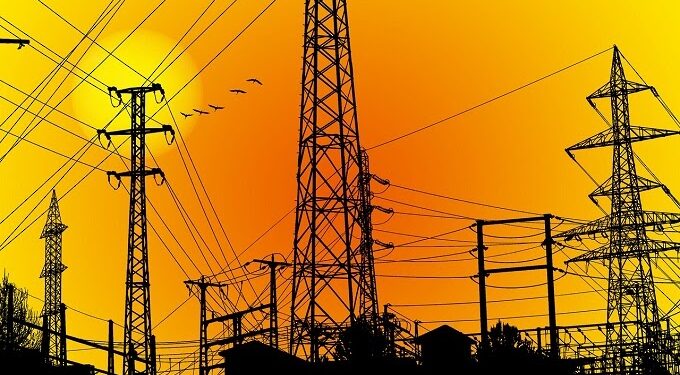The proposed 40 percent increase in electricity tariff set to commence on July 1, 2023, has been strongly criticized by the Manufacturers Association of Nigeria (MAN) as “outrageous.” MAN highlighted that the federal government has already raised electricity tariffs by 186 percent over the past eight years, emphasizing the need for improved electricity generation, transmission, and distribution to ensure reliable power supply in the country rather than burdening consumers with increased tariffs on the current inadequate power supply of 4,000MW.
In a press statement titled “Possible Impact of Impending Electricity Tariff Hike on Manufacturers,” MAN expressed concerns about the potential consequences of the tariff hike. The association warned that it would lead to increased production costs, reduced profit margins for manufacturers, potential disruptions in activities, and a decline in government revenue collection.
MAN further pointed out that implementing the proposed tariff hike would compound inflationary pressures on the economy, accelerate the recession in the manufacturing sector, undermine the competitiveness of Nigerian manufacturers, and increase the likelihood of companies relocating their plants to other countries.
Mr. Segun Ajayi-Kadir, the Director General of MAN, expressed his dismay over the substantial electricity tariff increase scheduled for July 1st, stating that a 40 percent hike at this time is simply unreasonable. Ajayi-Kadir emphasized that the lack of stable and affordable electricity supply has long been a significant challenge for manufacturers, forcing them to resort to expensive alternative energy sources. MAN’s survey data revealed that manufacturers spent at least N144.5 billion on alternative energy in 2022, a significant increase from N77.22 billion in 2021.
The association argued that any further increase in electricity tariffs would directly raise manufacturing production costs, especially for energy-intensive industries such as metal processing, heavy machinery, and chemicals manufacturing. They warned that higher tariffs would erode manufacturers’ profit margins, hinder expansion efforts, and limit job creation, particularly for small and medium-sized enterprises (SMEs).
MAN also expressed concern that reduced profitability would impact tax contributions to all levels of government, as manufacturers are the largest income taxpayers in the country. The association cautioned that passing on the additional costs to consumers would increase the prices of locally made products and exacerbate the country’s rising inflation rate. Moreover, they anticipated a potential shift of manufacturing industries to economies with lower electricity tariffs and guaranteed availability.
Ajayi-Kadir urged the government to engage in extensive consultations with manufacturers, implement measures to rescue the sector, and prevent the shutdown of factories, which would have severe implications for employment and the overall economy. He recommended ensuring that at least 90 percent of electricity consumers are metered for accurate billing and advised the government to formulate electricity policies that encourage investment in the energy industry to increase generation capacity and effectively implement the Electricity Act 2023 aimed at improving electricity supply nationwide.

































